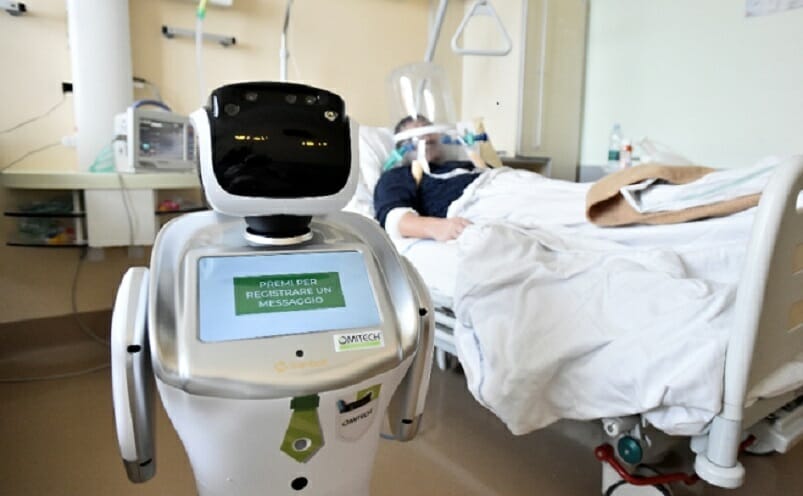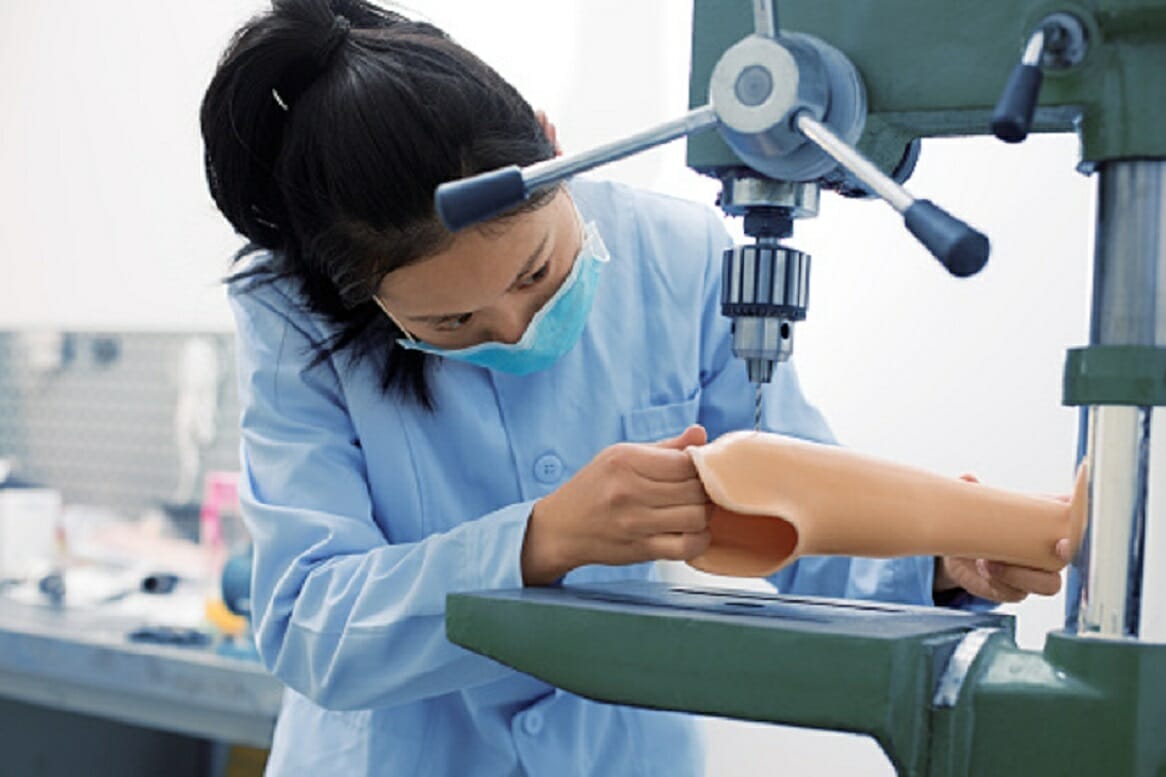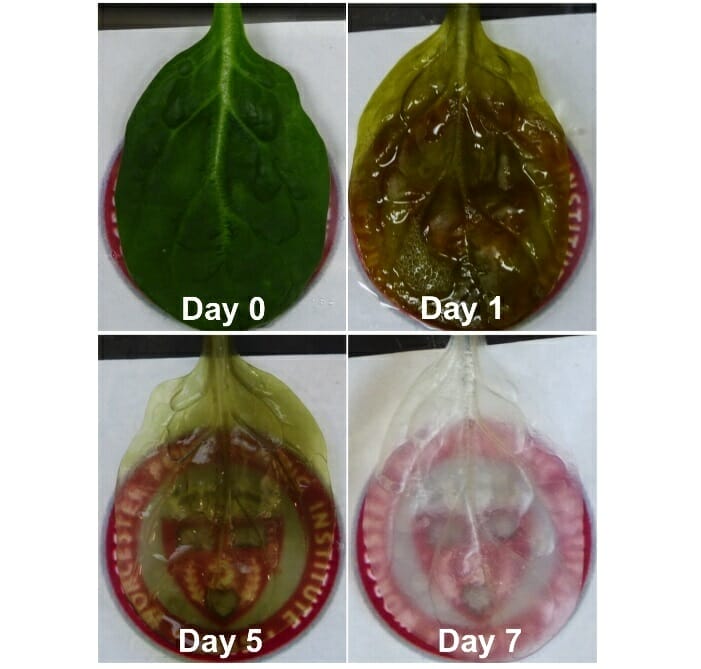Today, researchers from the Children’s Hospital of Philadelphia (CHoP) have created a huge scientific breakthrough in medicine: They have created an artificial womb which can improve the treatment and care for extremely premature babies, and results from animal testing have shown that it mimics the womb so well that it just might work.
In today’s technology, premature babies weighing less than a pound are hooked onto ventilators and other things inside incubators. The researchers wanted a gentler form of treatment by making them live in a womb like environment in hopes of a better chance of survival.
The researchers did this by creating a transparent container filled with fluids to mimic the amniotic fluid in which fetuses float in, and attach a mechanical placenta to the fetus’ umbilical cord to keep the blood flowing and oxygenated.

Source: Popular Mechanics
Initial animal tests on extremely premature lambs have shown that they grew normally inside the artificial womb for 3-4 weeks. “We start with a tiny fetus that is pretty inert and spends most of its time sleeping. Over four weeks we see that fetus open its eyes, grow wool, breathe, swim,” explains Emily Partridge, MD, PhD and CHoP researcher “It’s hard to describe actually how uniquely awe-inspiring it is to see.”
Human testing is still 3-5 years away, but results look very promising, and they’re already discussing the possibility with the FDA. “We’re trying to extend normal gestation,” says Alan Flake, MD, a fetal surgeon at CHOP.
Extreme prematurity is the leading cause of infant mortality, and even those who do survive often develop serious disabilities like cerebral palsy and permanent lung damage.

Source: Newsweek
“The idea of treating preemies in fluid-filled incubators might sound strange, but physiologically it makes sense,” comments Catherine Spong, MD, fetal medicine specialist at the National Institutes of Health. “This is really an innovative, promising first step.”
Hopefully, this technology will take off in a few years, providing a much safer, cheaper, and more efficient option to keep premature babies alive.
Article Sources:











